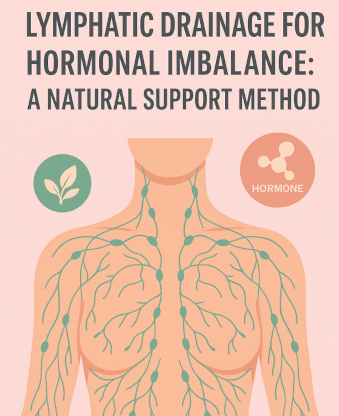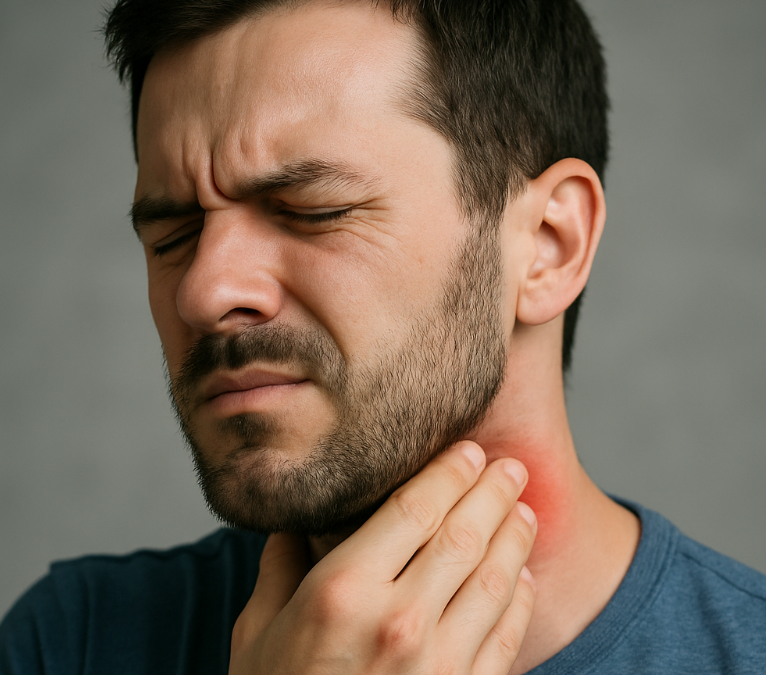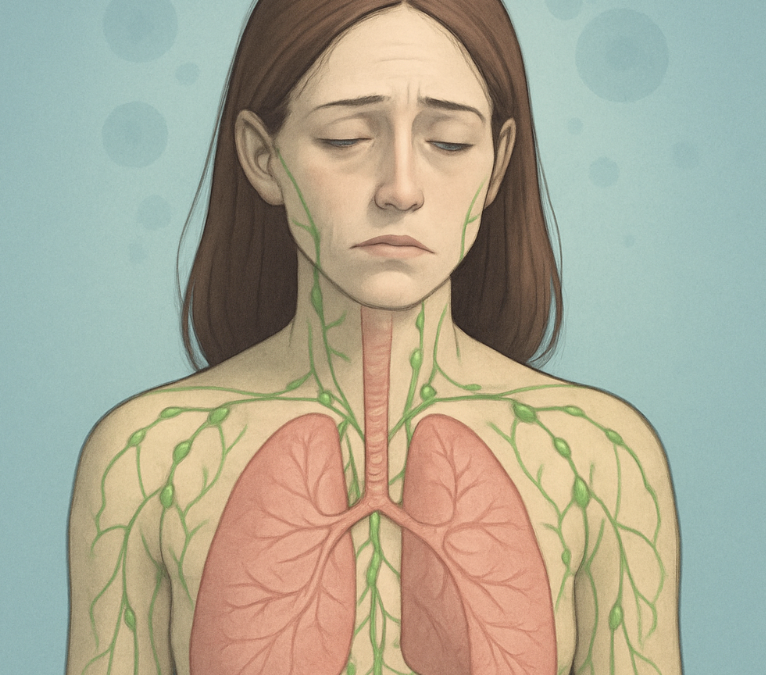The management of lymphedema, a common sequelae of breast cancer treatment, remains a clinical challenge. Complex physical decongestive therapy (CDT), encompassing manual lymph drainage (MLD), compression therapy, exercise, skincare, and patient education, is the standard approach. However, the specific contribution of MLD within this regimen has been a topic of ongoing research and debate. A recent retrospective analysis by Kasseroller and Brenner in Supportive Care in Cancer provides new insights into the effectiveness of MLD in the intensive phase I therapy of breast cancer–related lymphedema.
Study Overview
The study re-evaluated data from an earlier research period, focusing on a 3-week decongestion phase with 61 patients having unilateral breast cancer–related lymphedema. These patients underwent CDT supplemented with intermittent pneumatic compression (IPC), differing only in the type of compression bandaging used over weekends. Significantly, MLD was performed twice daily on weekdays.
Results
The analysis revealed a marked volume reduction in the affected arms during the weekdays when MLD was applied: 155.23 mL in week 1, 101.02 mL in week 2, and 61.69 mL in week 3. Conversely, during weekends without MLD, a slight but significant volume increase was observed: 12.08 mL, 8.36 mL, and 4.33 mL for each respective weekend. These findings demonstrated a strong effect of MLD on volume reduction, particularly notable due to the larger study population and more intensive application of MLD compared to previous studies.
Clinical Implications
This study underscores the potential of MLD as a strongly decongestive component during the intensive phase of therapy for breast cancer–related lymphedema. The observed volume reductions highlight the critical role of MLD in managing lymphedema, especially when applied intensively.
Conclusion
The retrospective analysis by Kasseroller and Brenner contributes significantly to the body of evidence supporting the efficacy of manual lymphatic drainage in the treatment of breast cancer-related lymphedema. It emphasizes the importance of incorporating MLD into the intensive phase of lymphedema management, providing valuable guidance for clinical practice in oncological rehabilitation.
Sources
- Kasseroller, R.G., Brenner, E. Effectiveness of manual lymphatic drainage in intensive phase I therapy of breast cancer–related lymphedema—a retrospective analysis. Support Care Cancer 32, 5 (2024). Link to the article.
This writing is the original and exclusive property of Carolina Pintos and is protected under copyright law. Unauthorized use of the same without the express consent of Carolina Pintos will be subject to prosecution under applicable laws.






